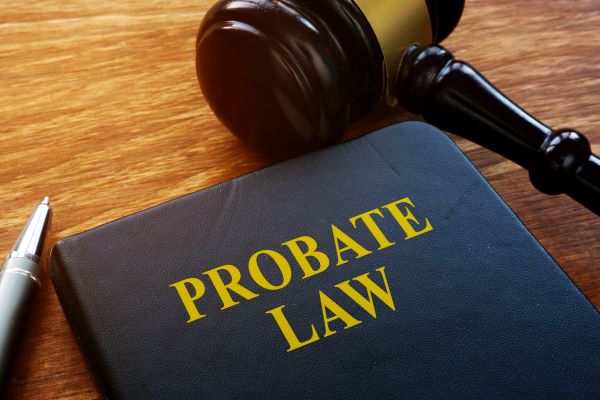
Essential Elements of a Small Business Owner’s Estate Plan
You do not currently have a featured image set for this post. To set your featured image, click on the circular Meta View button and set your image in the box on the bottom right.
If you are a small business owner and you pass away, what happens to your company? The answer may depend on the effort you’ve put into your estate plan.
If you have not left behind an estate plan with elements that focus on your business, your company’s very existence could be put into doubt, especially if you have not prepared any sort of succession plan. Your loved ones will be forced to hire attorneys to get through the probate process and not lose a significant amount of money and assets.
Below are the common elements any small business owner should include in an estate plan:
- A will or living trust: Both these tools allow you to transfer your assets to the heirs of your choosing, though a will goes through probate and a trust does not. Small business owners can particularly benefit from a living trust, as it acts as a separate legal entity that takes ownership of your assets, leaving no aspect of your business subject to the probate process after your death. It is also private, will transfer assets immediately and save your loved ones a significant amount of money in legal fees and court costs.
- Life insurance: Not all businesses are worth a significant amount of money to a family after the owner passes away. Therefore, it is extremely important to protect your family with life insurance. It is inexpensive and means your loved ones will have plenty of money to purchase a home, go to college or take care of other financial responsibilities after you pass away.
- Buy-sell agreements: If you own a business as part of a group, a buy-sell agreement is absolutely necessary to ensure a smooth transition after your death or departure. Without one, your beneficiaries could be forced into partial ownership of a business they want nothing to do with, and they might be unable to sell that ownership share. Meanwhile, your partners would be stuck with unwanted and unexpected new partners. A buy-sell agreement allows your partners to absorb your share of ownership and continue with operating the business.
- Succession plan: If you have a sole proprietorship or other form of business in which you are the single person in charge of running the business, you need a plan to ensure your heirs know how to continue running the business without you or a plan to allow them to quickly and easily sell the business. You must lay out the business’s assets and debts, important contacts and bank account information. You should also have plans in place for training family members in how to run the business for years before the succession would occur.
To learn more about the various important estate planning tools for small business owners, speak with a skilled Ohio business attorney at Seif & McNamee LLC.



